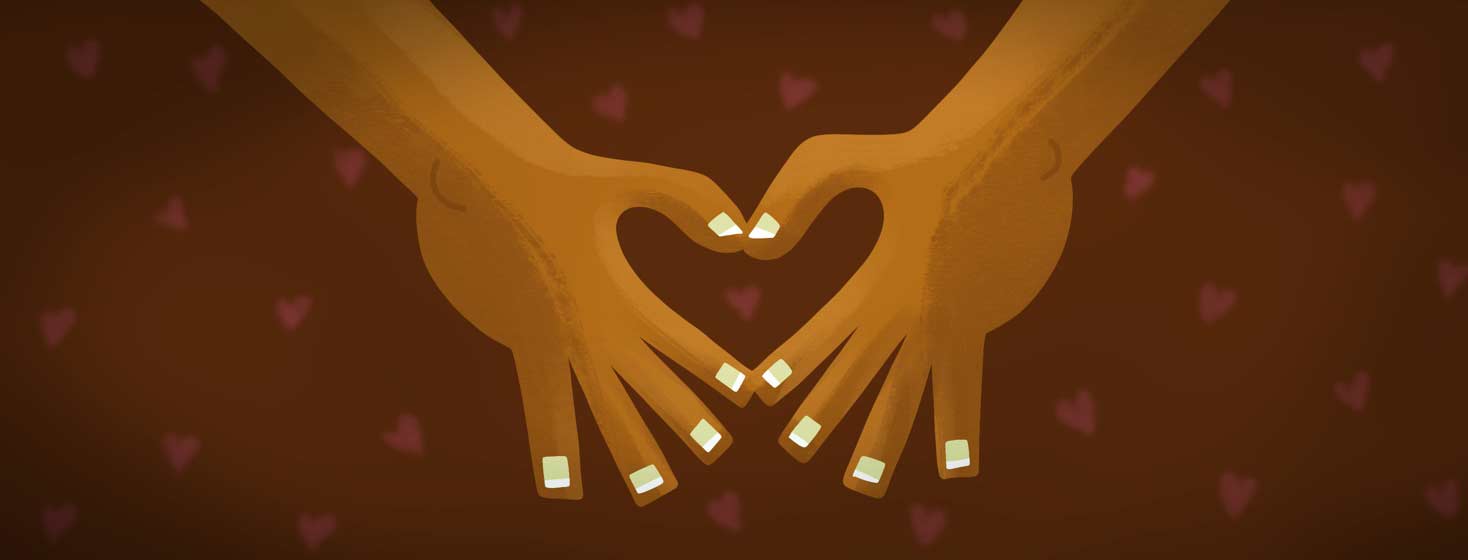The Lingering Threat of Self-Stigma
Living with a rare medical condition is a multi-faceted endeavor.
First, you have the medical reality, where your own acceptance is imperative in reaching your health goals. That journey alone can take months – even years – to get a handle on.
Then there is the stigma regarding how people perceive that health reality and assuming a certain reaction – one way or the other – is a potential emotional landmine. That’s why I want to stand in front of my mirror where the real stigma is concerned.
Standing up to self-stigma
We only think we know how others will react, even if those assumptions are built on past experiences. But we do know how we perceive ourselves. If that vision is negative, it’s important to confront those feelings.
I strongly believe that my ability to live a healthy life with hemophilia A partly depends on my attitude. The things I do have control over can easily spiral into chaos if I’m frustrated, depressed, or even just tired. We all know the real challenge is thinking clearly when your medical condition steps out of pocket to surprise you at the most inopportune time.
The main issue with having a negative attitude about ourselves is that the window range for those “inopportune times” widens. Not only that, those little things that bring a smile to our faces begin to feel more like joyless chores, and life becomes a slog...
How we view ourselves matters
Then – WHAM! – that’s when a bleed occurs.
Well, if you’re me, it’s a bleed. But you are you, so just insert that tiresome knock-knock joke your medical condition plays on you when it needs extra attention.
Our mental health and how we view ourselves on the good and the bad days is so crucial, and creating a healthy emotional framework helps guide our clunky bodies (I use that phrase for the entire human race, by the way) through this mortal journey. Put bluntly: our view of ourselves and our medical well-being affect one another greatly.
Dealing with the unexpected
Of course, there will be times when things get out of control. Admittedly, I’m not always my best self when handling unexpected adversity. But knowing that helps me put up some traffic cones instead of speeding down Wallow Street, which, at least for me, always intersects with Sadsack Lane.
Less than fondly, I remember how I used to feel when an unexpected bleed occurred. I felt so out of control back when I wasn’t infusing my clotting factor at home myself... my mid-30s! Since I don’t have severe hemophilia, it can be months between bleeds, even years. When I had a bleed, I just went to the hemophilia treatment center.
But it was seldom a casual trip. That’s because I’d waited too long to go, which just meant that the bleed had more time to wreak havoc and took more time to deal with. What could have been 1 or 2 treatments becomes several.
Learning to navigate life with a rare disease
For me, it’s way better to notice a bleed early and not play the waiting game. I do that now and know within about a minute or 2 if a minor bump has that extra zing of pain. Back in the day, I’d hope for the best, then wake up the next day with a sore leg and a big purple bruise. “You idiot...” I’d think to myself, “Why did you move that deck chair by yourself?!” Then there’d be the shame of not taking care of it in a timely fashion, which only led to more problems.
Thankfully, the older I got, the more bleeds I had, necessitating a change in how I approached living with hemophilia. I learned how to hit a vein. And that my hand was my favorite go-to spot. I got better over time, too, learning some personal tips from my BDs (Bleeding Disorderlies) and finding my comfort zone.
Be kind to yourself
Best of all? I don’t beat myself up anymore. If I feel overwhelmed, I just take a deep breath and remember that I have a loving partner, understanding friends, and a trusted healthcare team on my side. I’m far from perfect in handling hemophilia, but I’m light years ahead of where I once was.
And I’ll take that. And stay diligent not to backslide. And be kind to myself and not beat myself up too much if, occasionally, I’m a Gloomy Gus, as Rose Nylund puts it on The Golden Girls.
Simply put: at its best, self-stigma sucks. At its worst? It can be a looming threat to your health.
How do you view yourself? What can you do to reduce self-stigma and show yourself more kindness?

Join the conversation